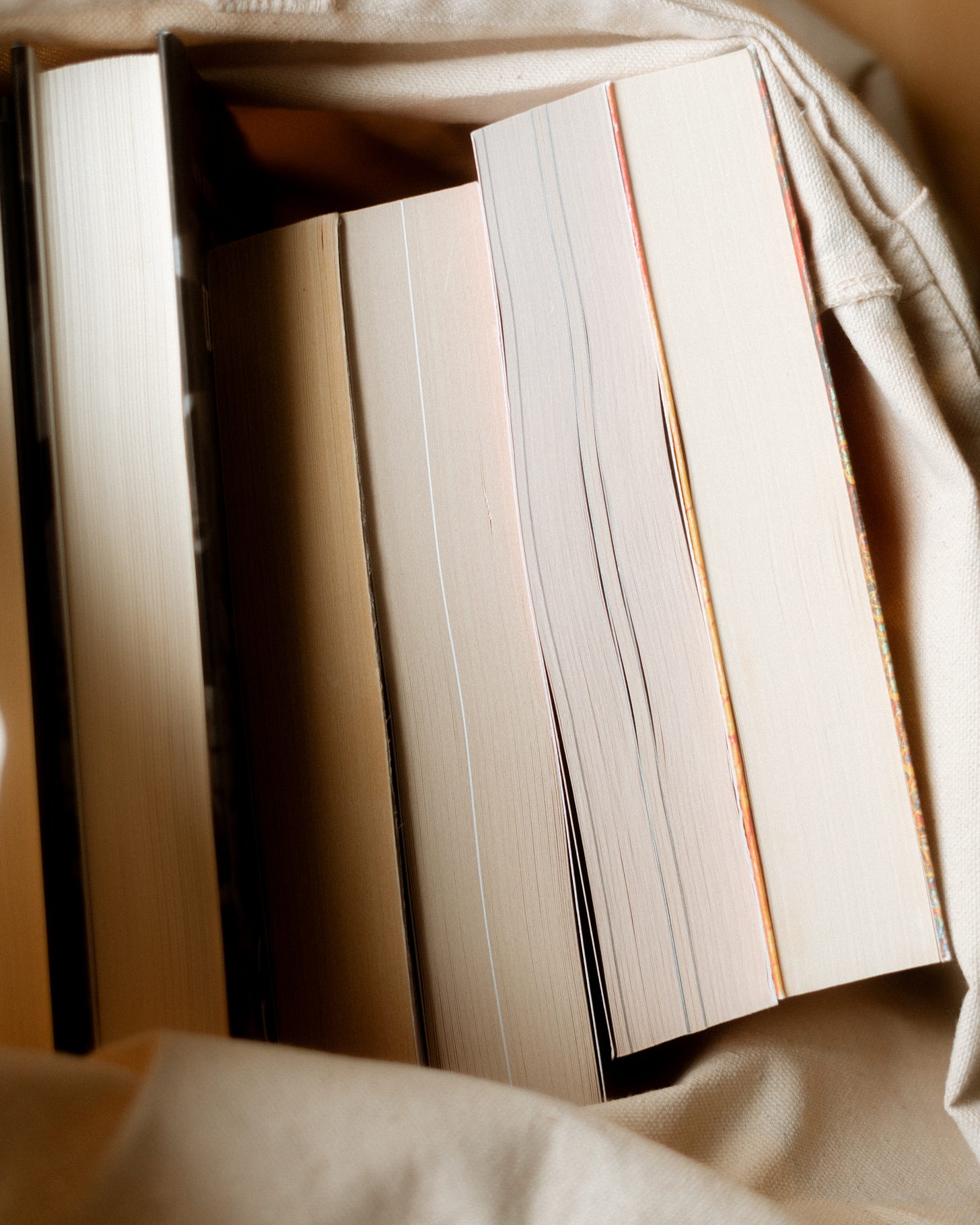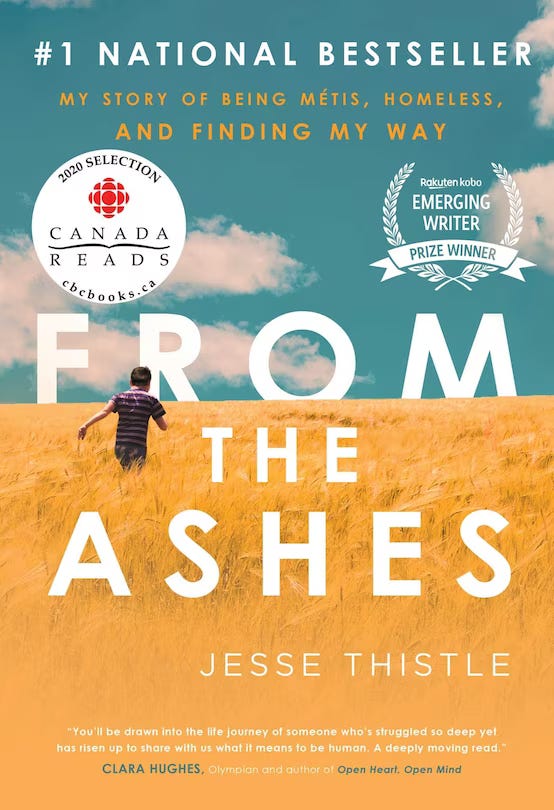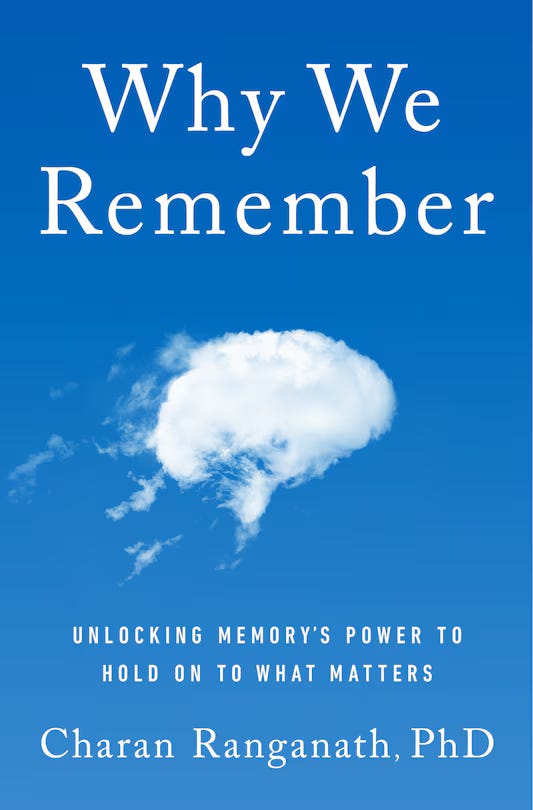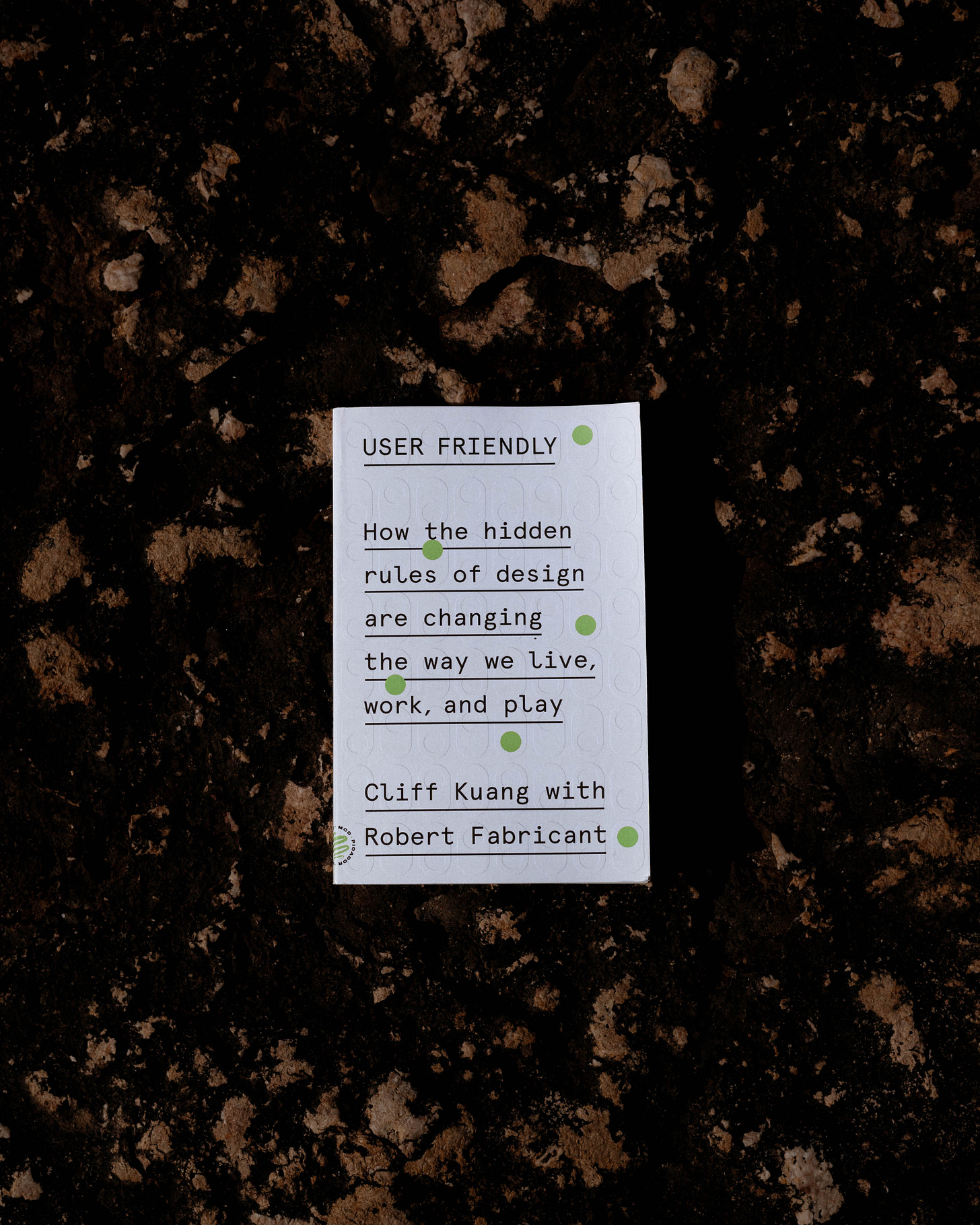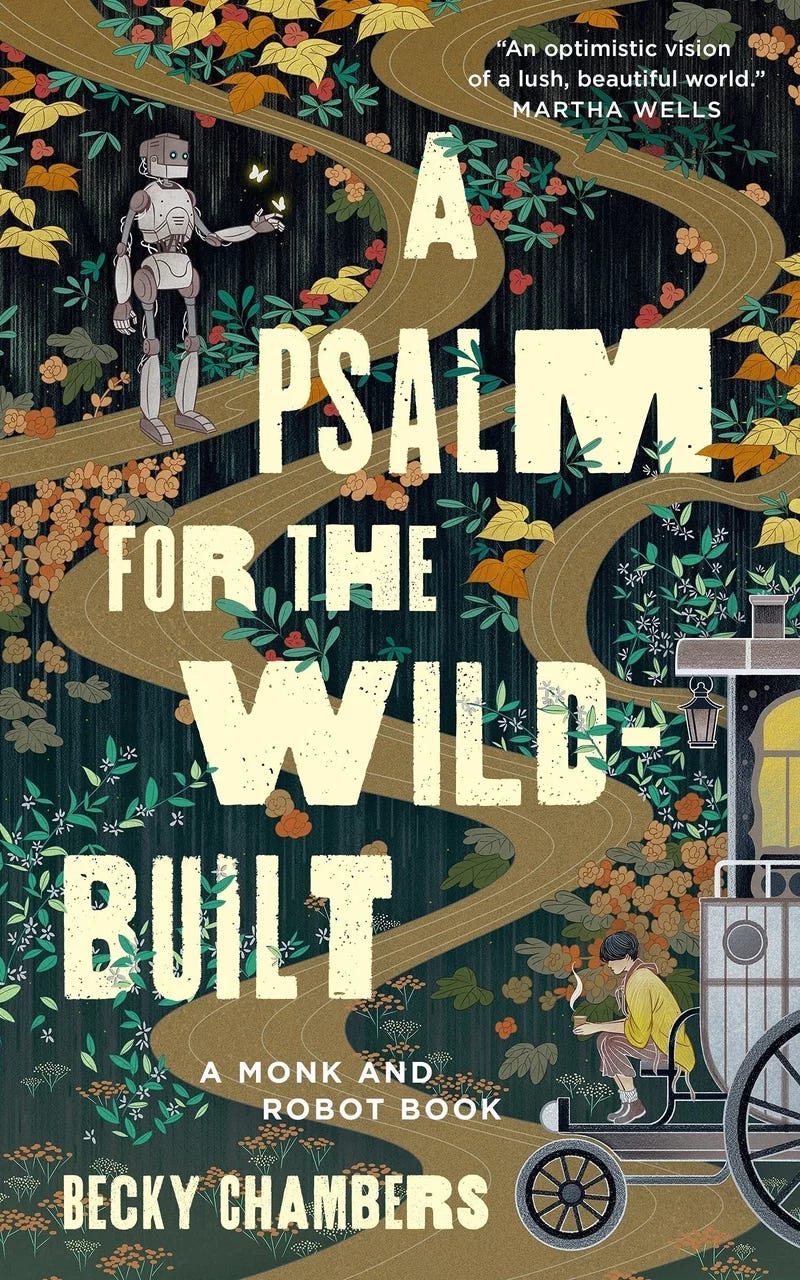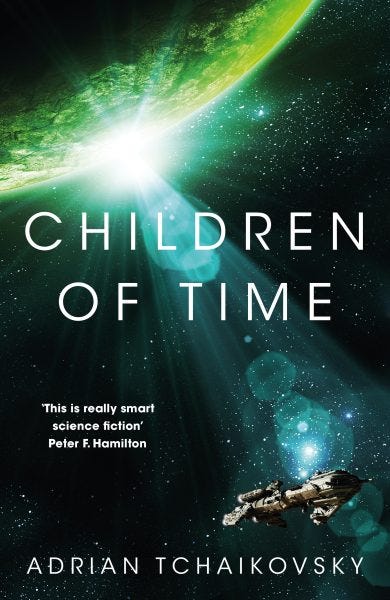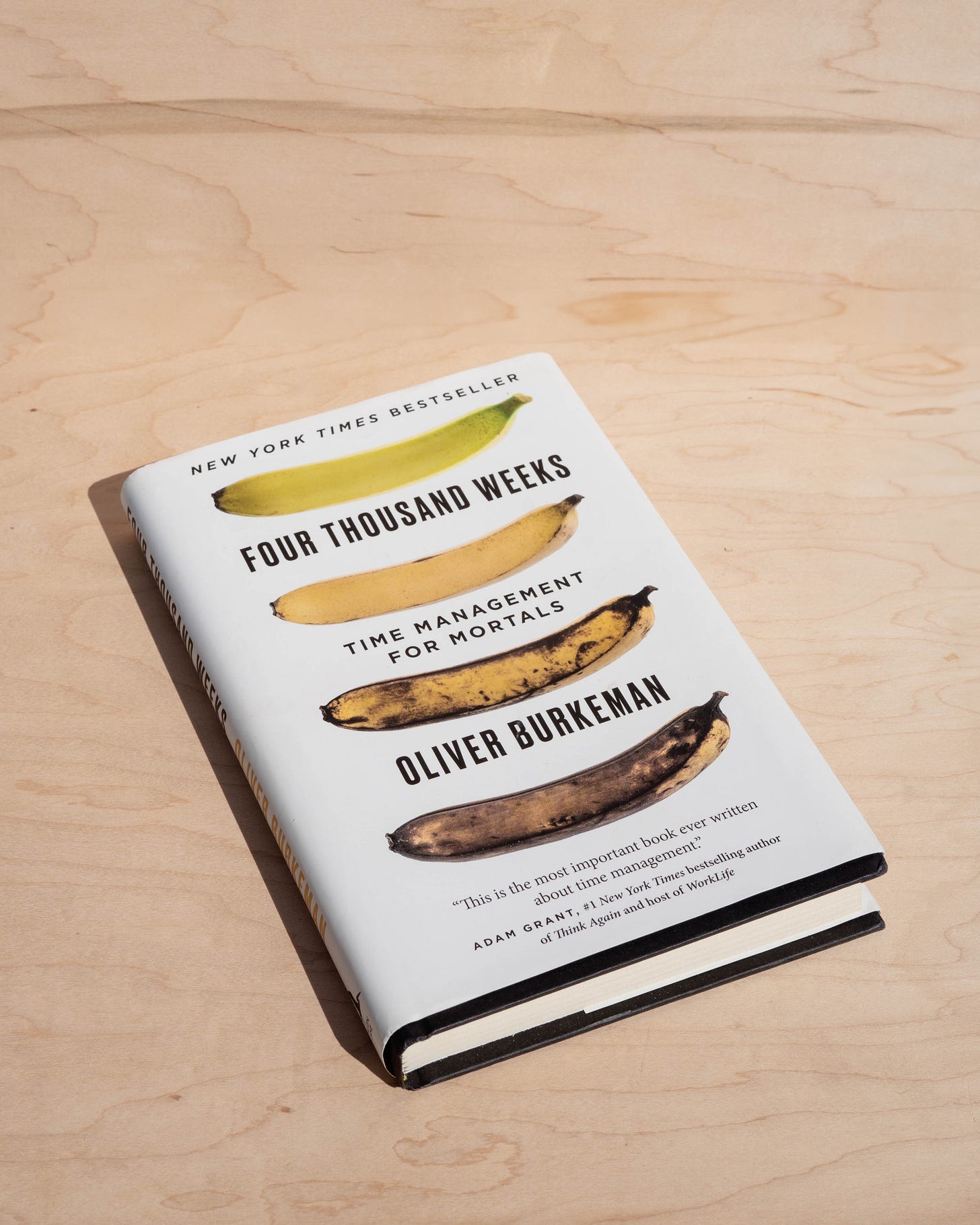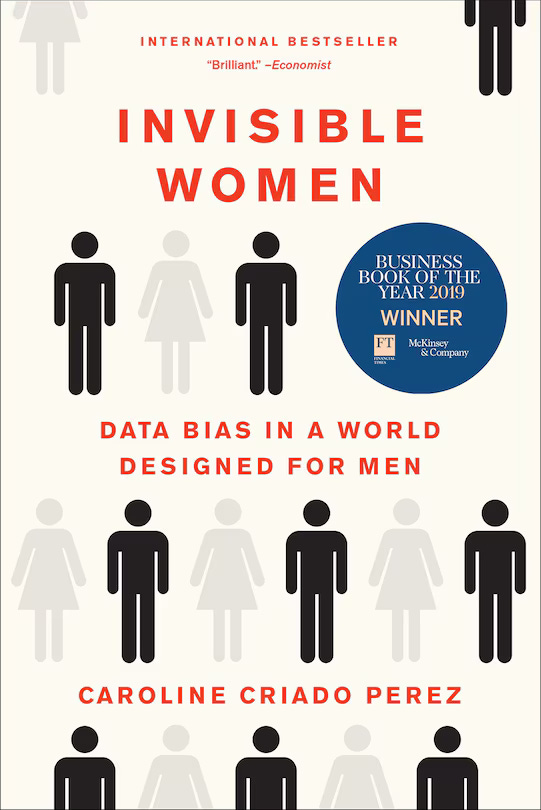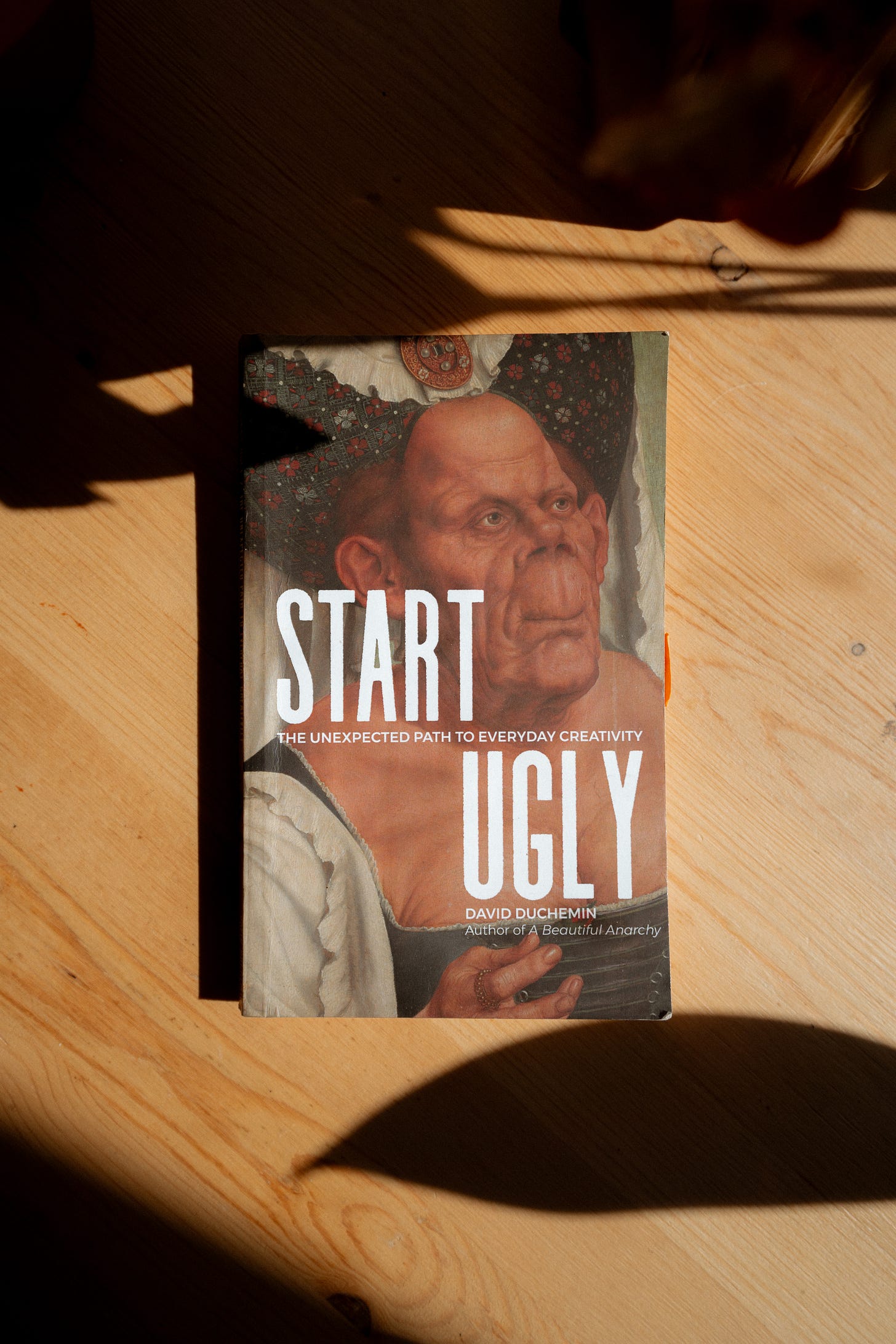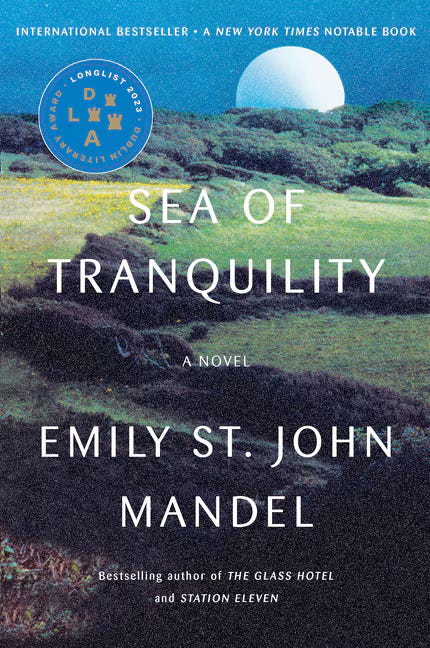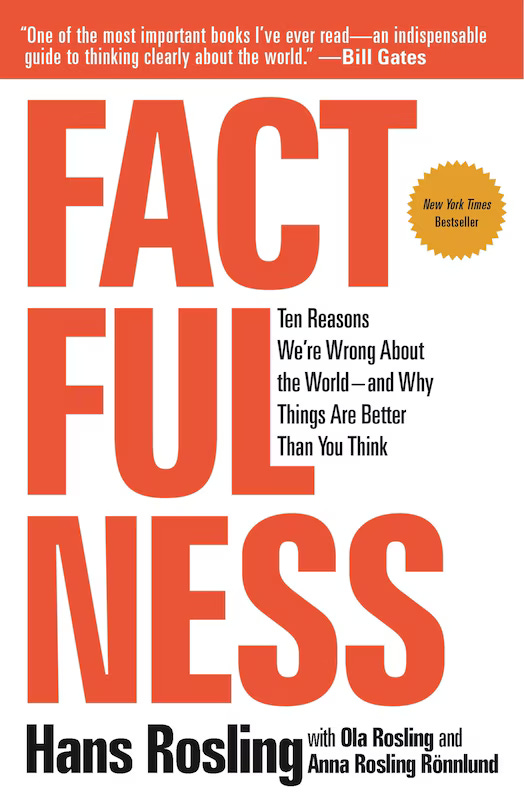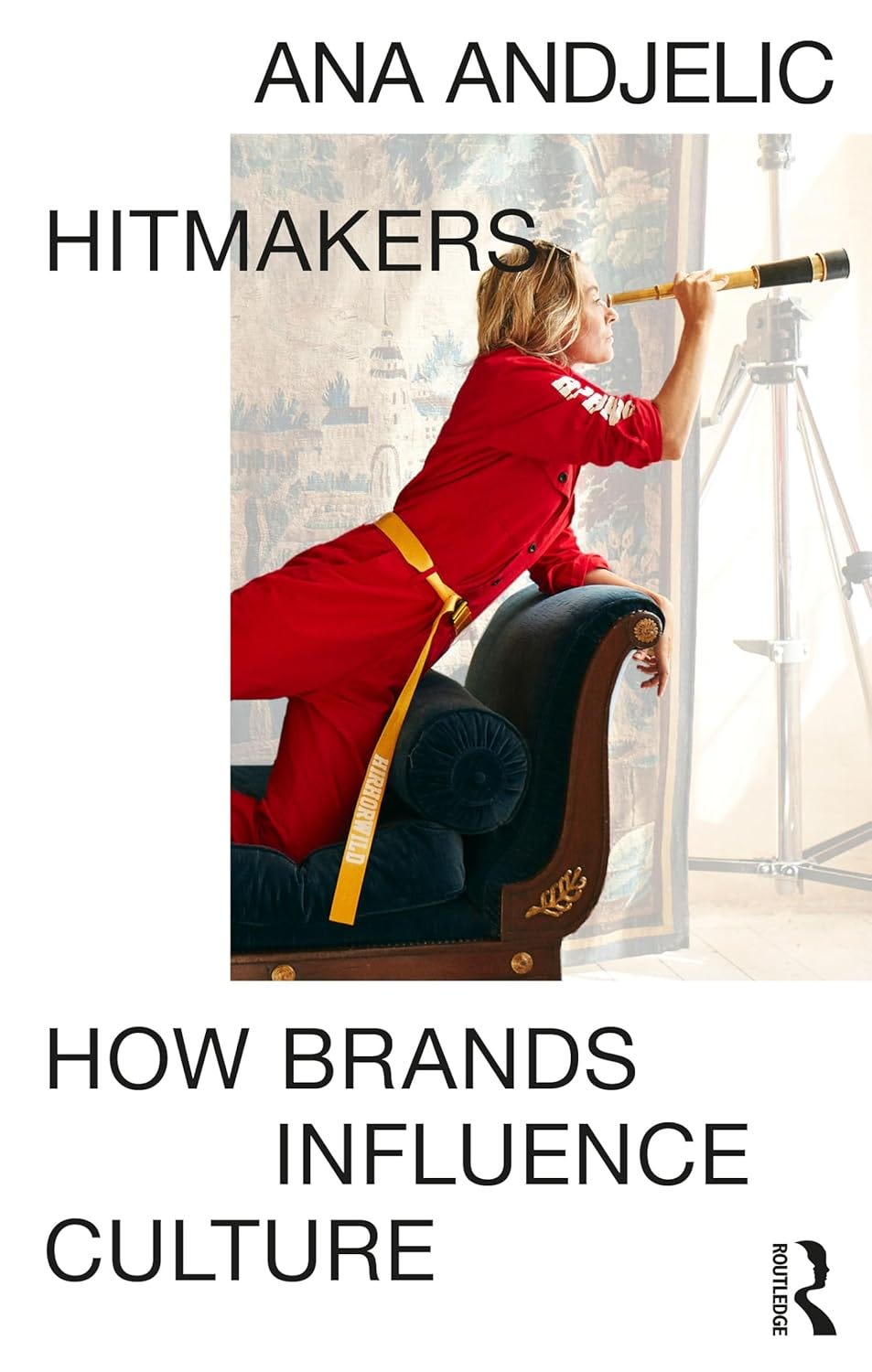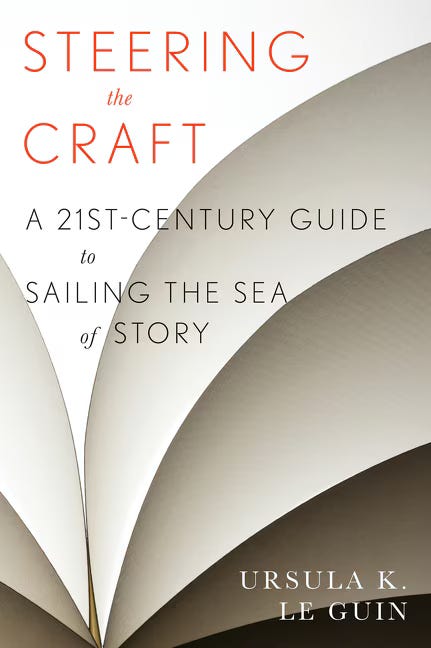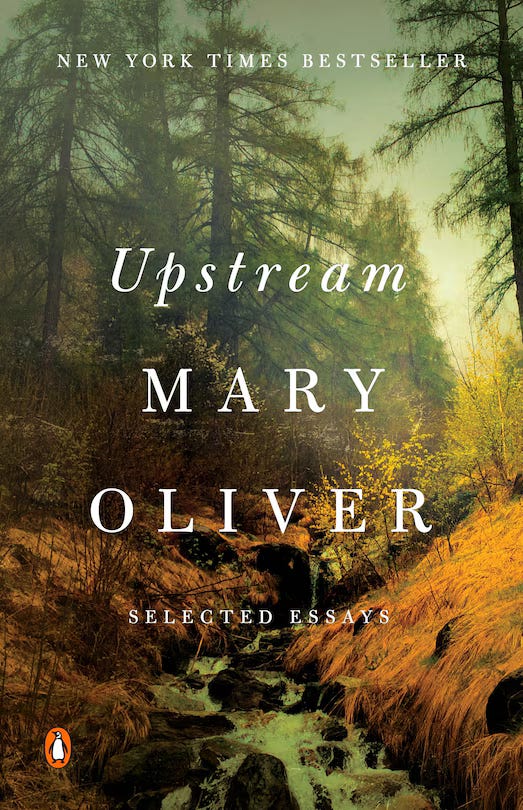Books I Loved, Books I Recommend, and Books I Can’t Wait to Read
15 Books from my reading list or on my TBR
Look, I’m going to be honest.
I’ve tried to write this officially three times now.
Why? Because I love books. Always have. I was that kid who would rather read than play on family vacations—so much so my parents had to tell me to please put the book down for five minutes.
Writing about reading, though? Weirdly hard. Reading feels personal. It’s my escape into another world or a way to fill knowledge gaps. And because it feels so internal, trying to tell you a relatable childhood story about books just ends up feeling… forced.
So let’s skip that.
Next Year’s Plan: Reading with Intention
Next year, my reading has a purpose. I’m challenging myself to finally tackle the leaning tower of books I’ve collected—books I bought because I knew they’d help me become a better writer.
Not all of them are about writing. Some are. But others are books I want to learn from—whether it’s the structure, the language, or world building. I’m reading with a more intentional lens—studying creativity, art, and storytelling—but still leaving room for fun.
But before I go into what I want to read in 2025, I also want to share what I have already read.
So I challenged myself to pick 5 books in each of the following buckets:
5 Books I Loved This Year
5 Books I Keep Recommending (All Time)
5 Books I’m Excited to Read in 2025
If you're also a bookworm who loves tracking your reading, you can find me on Goodreads and StoryGraph!
5 Books I Loved This Year
the ones that changed how I think or sparked ideas.
From the Ashes: My Story of Being Métis, Homeless, and Finding My Way
Jesse Thistle
Perhaps this has a bit of proximity bias since I just finished it last month, but I absolutely sped through this powerful memoir. The writing is so engaging, and the author never flinches from the reality of his experiences. His way of explaining his actions feels honest and deeply human, giving readers a window into a life shaped by challenges many of us struggle to understand.
This is a book everyone should read, especially in Canada or the United States. It offers profound insight into the lives of those navigating homelessness and addiction—people we see but rarely hear from so directly. He seems to have lived many lives within one, and I feel so grateful that he chose to share his story.
Why We Remember: Unlocking Memory's Power to Hold on to What Matters
Charan Ranganath
Packed with big ideas about learning, development, and how we think as a society—but it’s written in such an approachable, jargon-free way that it never feels heavy. The author’s sense of humour and personal stories make the science stick, and there’s plenty of solid research to back it all up. I walked away with a clearer understanding of how memories are made, how they change, and how they shape us.
User Friendly: How the Hidden Rules of Design Are Changing the Way We Live, Work, and Play
Cliff Kuang, Robert Fabricant
Whether you’re a designer or not, this is a great primer on user experience and how we interact with the things we use every day.
From cars to buttons, it’ll have you questioning why things are designed the way they are and noticing details you probably overlooked before. It wraps up with a step-by-step framework for thinking about the next thing you want to create, making it as practical as it is thought-provoking.
A Psalm for the Wild-Built
Becky Chambers
Short and sweet, this book lands firmly in the cozy category while tackling big questions about productivity and purpose. It’s gentle, thoughtful, and the kind of read that offers a quiet sense of reassurance.
For anyone feeling stressed or a little lost, pick this one up—it’ll leave you with the comforting sense that maybe, just maybe, everything might turn out fine after all.
Children of Time
Adrian Tchaikovsky
This was such an interesting take on the “aliens meet humans” trope—unexpected, thought-provoking, and surprisingly emotional. Despite being sci-fi, it felt more like it was about humanity—our flaws, our potential, and the way we adapt (or don’t).
It also considers big themes like colonization, empire, and the destruction of the natural world, weaving them into the story in a way that feels both relevant and unsettling. It’s one of those books that sticks with you, not just because of the world-building but because it makes you think about evolution, survival, and what it really means to be intelligent. Definitely worth picking up if you like stories that challenge your perspective.
5 Books I Keep Recommending (All Time)
the books I cannot stop telling people to read because they’ve stuck with me—and I know they’ve impacted others too.
Four Thousand Weeks: Time Management for Mortals
Oliver Burkeman
I really felt that if I never read another book on productivity after this one, I’d be fine. It was a moment of realization that, unfortunately, I likely won’t get to achieve everything I want—there simply aren’t enough hours in the day. So what do I really want to do?
I’m still working on that question, and honestly, I plan to reread this book. I’ve already found myself pulling it off the shelf just to revisit quotes that stuck with me. It left me feeling grounded, reflective, and strangely relieved—like maybe I don’t have to do it all to feel like I’ve done enough.
Everyone who thinks they need to do more needs to read this. Anyone who keeps trying new productivity hacks, buying special journals to finally get organized, etc.—this book is for you.
Invisible Women: Data Bias in a World Designed for Men
Caroline Criado Pérez
This book made me feel less crazy. The world really isn’t designed for women—cars are more likely to kill us, drug effects are less predictable, and the examples just keep coming. It’s a book I’d recommend to any gender as a primer on how much of society operates without factoring in data about women.
I’ll admit, the feelings this book left me with were a mix—frustration, disbelief, and anger, but also clarity, and validation. It’s eye-opening in the best (and worst) ways and makes you want to pay closer attention—and push for change.
Start Ugly: The Unexpected Path to Everyday Creativity
David duChemin
This little book gets straight to the point. Sure, the ideas show up in other, longer books (I’m looking at The Creative Act by Rick Rubin), but where Rubin feels aspirational, duChemin’s approach is refreshingly direct.
It almost feels like reading someone’s very thoughtful journal—in the best possible way. Focused on getting the reader into action, it’s the perfect read for anyone struggling to start something.
Sea of Tranquility
Emily St. John Mandel
Perhaps I’m biased because I picked this one up on the author’s home island of Denman and cracked it open on the beach. With parts set on Vancouver Island, the story moves between now and the future, weaving pandemics into lives in a way that feels wholly relatable.
But I never like to spoil a book. Instead, it’s the feeling it leaves behind that makes me want to recommend it—melancholy, wonder, hopefulness, nostalgia, serenity, unease, loneliness, and compassion.
Factfulness: Ten Reasons We're Wrong About the World – and Why Things Are Better Than You Think
Hans Rosling, Ola Rosling, Anna Rosling Rönnlund
This was one of those books that came into my life at the perfect time—right in the middle of the pandemic when it felt like the world was falling apart. What stuck with me most is the idea that we often assume things are worse than they really are. We carry old stories about how the world works, and even as things improve, those stories don’t change.
It doesn’t shy away from the hard stuff—there’s still plenty to fix—but it offers a much-needed perspective shift. The goal is to help readers replace fear and despair with understanding and action, making them feel more empowered to address the problems we face rather than giving up. If you’re looking for a little hope and a clearer way to see the world, this is a great place to start.
5 Books I’m Excited to Read in 2025
all about creativity, writing, and inspiration.
Slow Productivity: The Lost Art of Accomplishment Without Burnout
Cal Newport
Why it’s on my list: I know—I said I don’t need another productivity book. But this one aligns closely with themes I already write about, like sustainable work habits and intentional living. It’s less about doing more and more about doing what matters—something I want to explore further in 2025.
What it’s about: In Slow Productivity, Cal Newport challenges the “hustle culture” mindset and introduces a new approach to getting meaningful work done—without constant burnout. Instead of chasing endless to-do lists, Newport focuses on strategies for deeper focus, deliberate pacing, and long-term accomplishments.
HitmakersHow Brands Influence Culture
Ana Andjelic (also on Substack)
Why it’s on my list:
This might seem like an odd pick, but hear me out. As someone who builds brands, I’ve learned that understanding why people connect with certain ideas, aesthetics, and trends matters. Andjelic’s first book, The Business of Aspiration, is a highlighted, dog-eared staple on my shelf—so when my fellow designer Iwona texted me about her new release, adding it to my list was a no-brainer.
I’ve noticed my recommendations often lean toward design, creativity, and how the world works—and this one is no exception. While it might not be for everyone, I think having insight into how you’re being influenced is never a bad thing.
What it’s about:
Hitmakers explores how modern brands create cultural influence—not through traditional ads, but through collaborations, merchandise, entertainment, and cultural symbols. Ana Andjelic argues that the future of branding lies in producing cultural hits—ideas or products that grab attention, spark conversations, and drive both popularity and sales.
She breaks down how brands can strategically approach this kind of influence, providing practical tools and examples to help businesses connect with audiences in a world saturated with content.
Steering the Craft: Exercises and Discussions on Story Writing for the Lone Navigator or the Mutinous Crew
Ursula K. Le Guin
Why it’s on my list:
I’m excited—and a little nervous—for this one. It’s full of exercises, which means it’s not just a book to read but one to work through. As someone who loves fiction but doesn’t write it, this feels like the right kind of challenge—one that pushes me out of my comfort zone in the best possible way.
What it’s about:
Written by the legendary Ursula K. Le Guin, Steering the Craft is part guidebook, part workbook for writers who want to sharpen their storytelling. It focuses on the mechanics of writing—rhythm, voice, point of view—while offering exercises to build skill and confidence.
A Swim in a Pond in the Rain: In Which Four Russians Give a Master Class on Writing, Reading, and Life
George Saunders
Why it’s on my list:
Okay, I’ll admit it—I was influenced. This book has shown up everywhere as the book to read if you want a writing class in book form. And honestly? I’m here for it.
What it’s about:
George Saunders, known for his sharp storytelling and acclaimed fiction, uses classic short stories by Russian authors—Chekhov, Tolstoy, Turgenev, and Gogol—as the foundation for this exploration of writing and reading. Part literary analysis, part creative writing workshop, it examines what makes stories work, why we connect with them, and how writers can create that magic themselves.
Upstream: Selected Essays
Mary Oliver
Why it’s on my list:
I have a soft spot for any book set in nature—and this is one of many nature-focused books waiting on my 2025 TBR pile. But Upstream feels like the perfect fit right now. Since I’m focused on improving my essays (and maybe short stories someday), a collection that blends reflections on the natural world with insights on the craft of writing couldn’t be more fitting.
What it’s about:
In Upstream, poet Mary Oliver explores the connection between creativity, nature, and life itself. Through essays that celebrate solitude, observation, and the act of paying attention, Oliver weaves together personal stories and meditations on art and writing. It’s both a celebration of the natural world and a reflection on what it means to create.
Personal Work
You made it to the end! Less a secret this week and more a reality—narrowing down to just 5 books per category was nearly impossible.
Book recommendations feel as personal as talking about reading itself. Looking at my shelf, I have an entire row dedicated to nature-themed books, a topic I've grown to love more and more over the years. It makes perfect sense, given how much I enjoy being in nature. That collection alone could make up its own recommendation list.
That said, I did a reading bingo challenge years ago that got me back to not only reading more but also exploring topics and genres I normally wouldn't reach for. I'm thinking about sharing a similar challenge in the coming weeks for anyone interested in expanding their reading repertoire.
Ok, can I now also just add an extra book?
One from my younger years. While it's not necessarily one I recommend most often, it's one that helped me fall in love with reading when I was young. This year, I found a copy at the thrift shop with its original cover, and I plan to reread it in 2025. I have such vivid memories of this time in my life, and I'm excited to revisit it. Also, I was such a fantasy and sci fi nerd as a kid.





